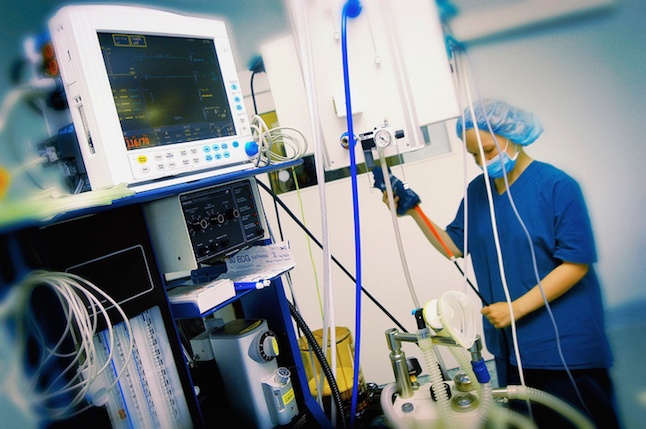
Does your staff groan when the topic of continuing medical education (CME) classes comes up? CME classes that fail to engage participants or provide useful information can be a waste of time, even if they’re required.
Making a few changes to your CME program can be instrumental in changing your employees’ attitudes about the continuing education requirement.
Here are five tips that will help you convince staff that CME classes are worth their time.










